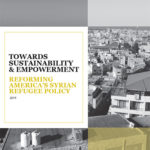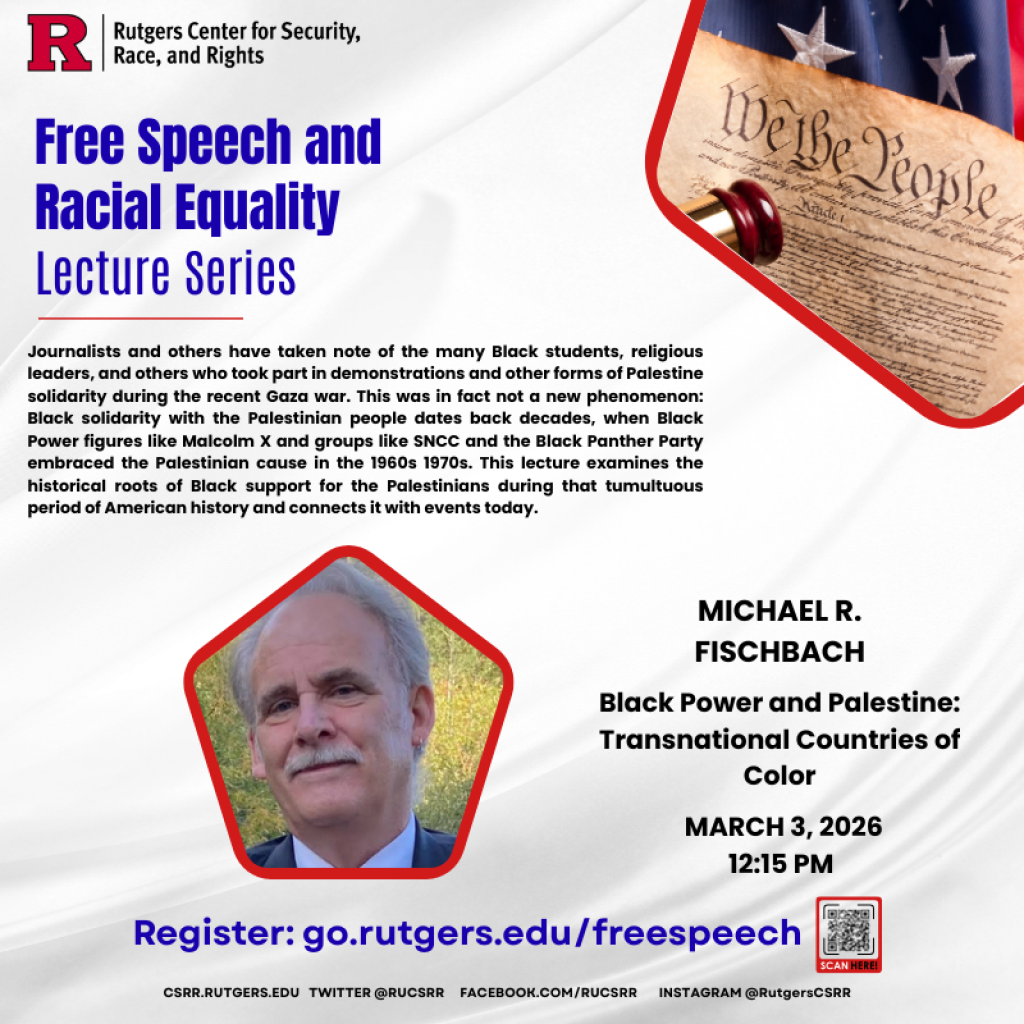Transnational Rights and Security
In an increasingly globalized world, events abroad affect American domestic affairs. International developments and America’s engagement with other countries shapes race relations and religious freedom in the United States.
U.S. foreign policy and military interventions affect how Arab, Muslim, and South Asian communities are treated by the state and private actors. The War on Terror and military occupation of Iraq and Afghanistan triggered a wave of collective suspicion of and discrimination against persons perceived as Muslims.
Media coverage of the Middle East, South Asia, and other Muslim majority countries defines the American public’s perceptions of Islam, Muslims, and immigrants from those regions. News stories exclusively through a security lens produce countless stories about Al Qaeda, Osama bin Laden, ISIS, and other terrorist groups. As a result, many Americans are convinced that Muslims, Arabs, and South Asians in America are a fifth column.
Meanwhile, the American public is rarely exposed to the humanity of the average citizen in Muslim-majority countries with similar concerns for their safety, economic prosperity, and dignity. Nor is the public informed about the role that U.S. support for authoritarians plays in facilitating instability, human rights violations, and political violence.
The Transnational Rights and Security project examines how human rights and security in Muslim-majority countries are interconnected with civil rights, religious freedom, and national security in the United States.
Facts on Palestinian Human Rights
 Report: Toward Empowerment and Sustainability – Reforming America’s Syrian Refugee Policy
Report: Toward Empowerment and Sustainability – Reforming America’s Syrian Refugee Policy
Center for Security, Race, and Rights
2019
The number of refugees and displaced people worldwide has reached unprecedented levels. Of the world’s 68.5 million refugees and displaced people, by far the largest number are Syrian. The nearly 13 million Syrian refugees and internally-displaced persons account for sixty percent of Syria’s pre-war population.








